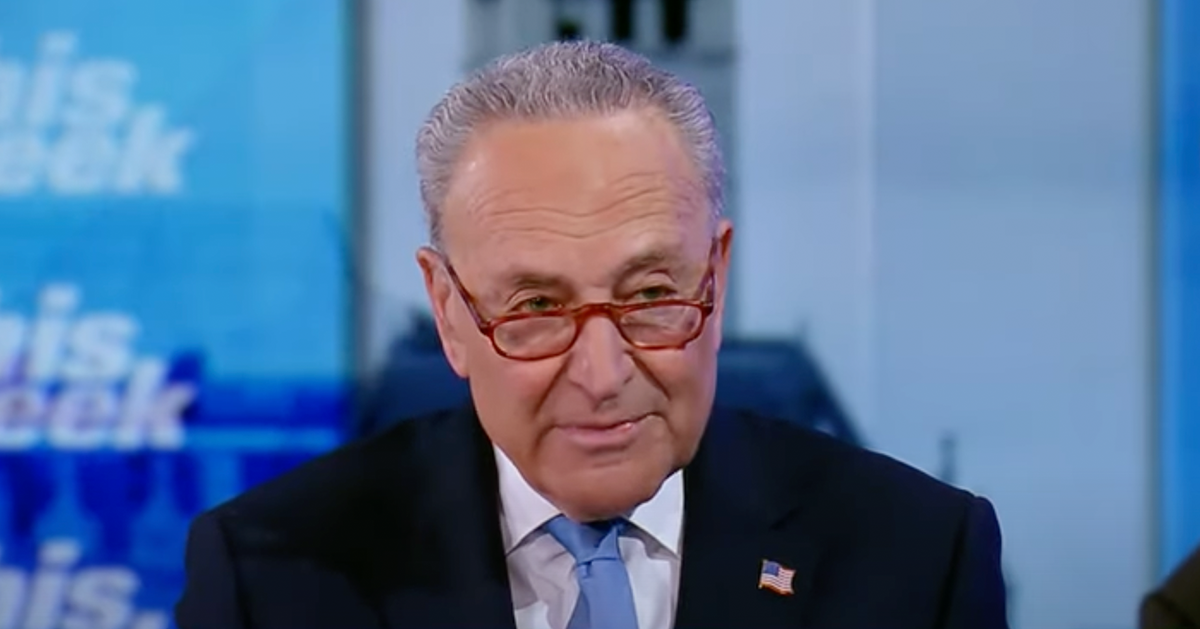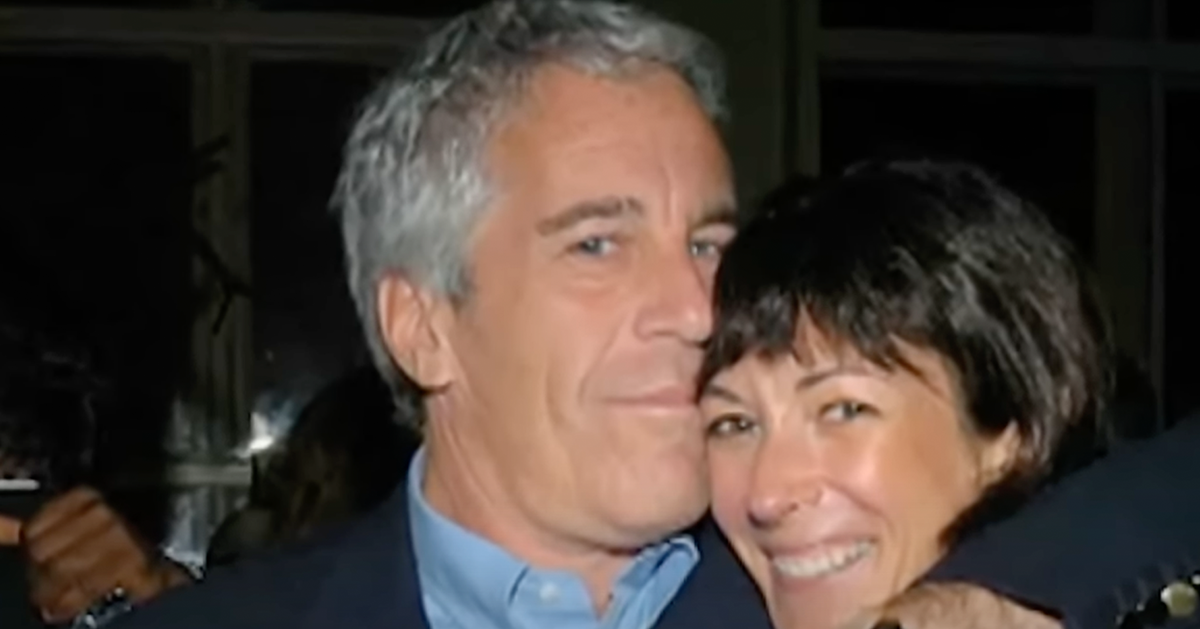Majority Anticipate Third Trump Assassination Attempt, Political Opponents Blamed
A recent Rasmussen Reports survey reveals that two-thirds of likely voters believe former President Donald Trump will face another assassination attempt before the Nov. 5 election, and this sentiment is widely held across political lines, with 75% of Republicans, 56% of Democrats, and 64% of unaffiliated voters expecting such a possibility.
The survey suggests that many voters attribute these threats to the intense political rhetoric surrounding Trump, especially from his opponents, including Joe Biden and Kamala Harris, as the Washington Examiner reports.
A significant portion of respondents, particularly those who think an attempt is "very likely," point to the heated language from Trump's enemies as a potential motivator.
Concerns Rise As Political Rhetoric Intensifies
According to Rasmussen, among those who consider another assassination attempt on Trump "very likely," 63% believe it will be driven by rhetoric from his political adversaries.
President Joe Biden and Vice President Kamala Harris have been vocal in their criticisms of Trump, frequently accusing him of undermining democracy and posing a danger to the country.
The political tension has grown over time, with two assassination attempts on Trump already recorded this summer. Both attempts were reportedly by individuals with ties to Democratic sympathies.
In one of the attempts, Ryan Wesley Routh, who was apprehended after trying to target Trump at his Mar-a-Lago residence, had a Biden-Harris sticker on his truck. Routh even left behind a note offering a $150,000 bounty on Trump's life.
Survey Data Points to Deep Political Divides
The Rasmussen survey indicates that 65% of likely voters believe another assassination attempt will occur before Election Day. Notably, voters' concerns about such threats are split along party lines. While a large portion of Republicans see these threats as a direct result of political discourse, a smaller but still significant share of Democrats also express concern about potential violence.
While most respondents agree that an attempt is likely, the reasons they attribute to these threats vary. Nearly half -- 49% -- blame the hostile rhetoric of Trump’s political enemies for inciting violence. On the other hand, 36% of respondents believe that those who would try to assassinate Trump are motivated primarily by mental illness rather than political ideology.
Previous Attempts Linked to Political Affiliations
The two attempts on Trump's life this year were closely connected to political affiliations. Routh, for instance, was not only a Democratic sympathizer but also left a message that indicated his deep disdain for Trump. His actions, coupled with the visible support for Biden and Harris, fueled concerns that the country's political rhetoric has escalated into dangerous territory.
These incidents have amplified fears among Trump's supporters and political observers alike. Many believe that political discourse has reached a dangerous point, with violent actions potentially being incited by public figures and their statements.
Trump Continues To Engage Despite Risks
Despite these threats, Trump has not retreated from public life. He continues to make public appearances and engage with his supporters. One notable example is his recent visit to a Pennsylvania market, where he was seen giving a mother of three a $100 bill, highlighting his ongoing connection with the public.
His decision to remain active despite the looming threats underscores his determination to stay at the forefront of American politics. However, it also raises questions about the potential risks he faces as the election approaches.
Rhetoric Or Mental Illness: Motivations Debated
The question of what drives these threats remains contentious. While many point to political rhetoric as a primary factor, others believe that the individuals behind these assassination attempts may be suffering from deeper psychological issues. The survey data reflects this divide, with a notable portion of respondents attributing the actions to mental illness.
This divergence in opinion highlights the broader debate over the role of public discourse in inciting violence. While some see the inflammatory language as a direct cause of threats, others argue that it is merely a reflection of a more complex societal problem.
Conclusion: Fears of Future Violence Persist
As the November election draws near, concerns about further assassination attempts on Trump remain high. The Rasmussen survey underscores the widespread belief that political rhetoric and previous incidents have created an environment ripe for violence.
With most voters expecting another attempt on Trump's life, the debate over whether the threat stems from political rhetoric or mental illness will likely continue. Both sides of the political spectrum remain deeply divided on the issue, but the underlying fear of violence lingers.
As Trump continues his public engagements, the nation will be watching closely, with many hoping that the rhetoric can be dialed down before it leads to further tragedy.






